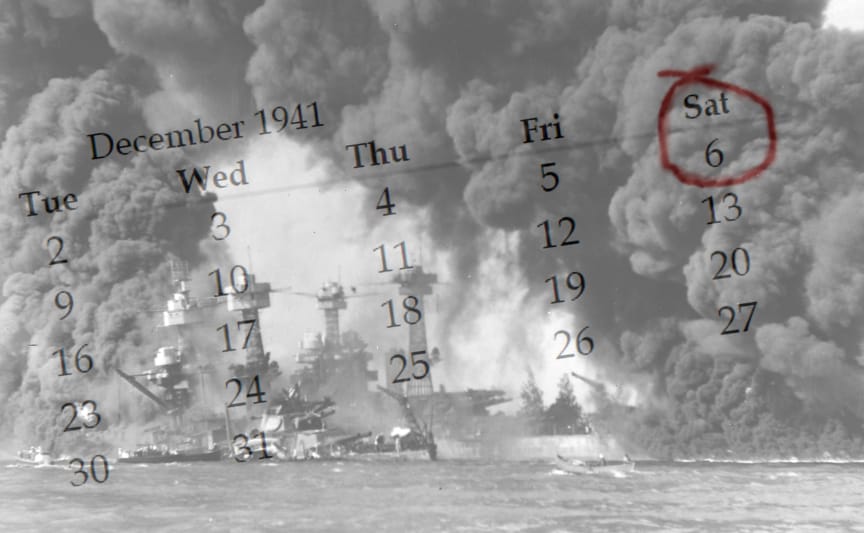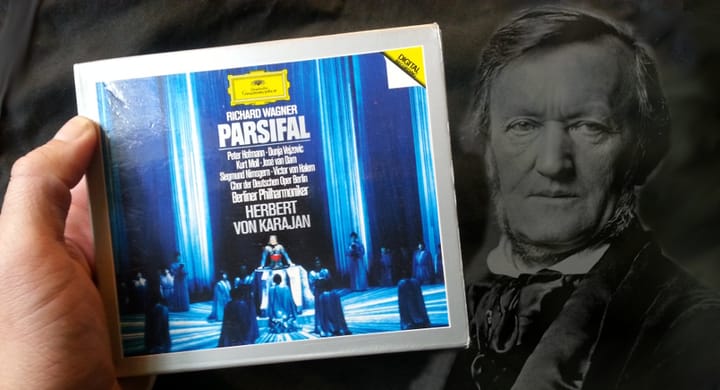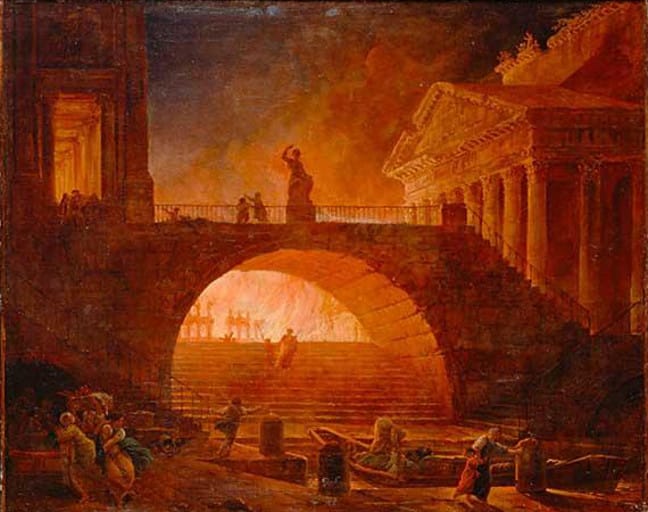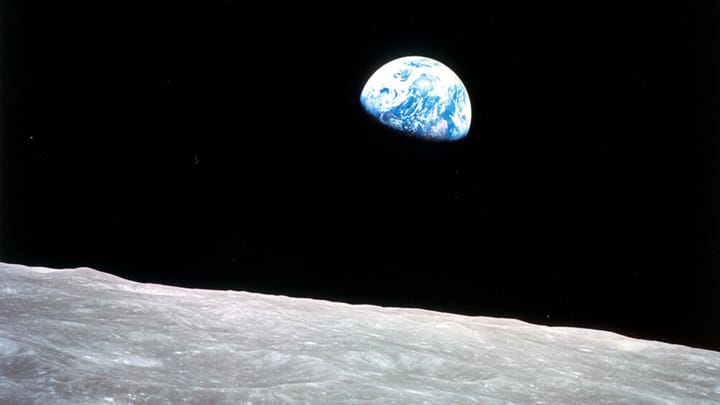Day before infamy: December 6, 1941.
We all know what happened the morning after. What was Saturday, December 6, 1941 like?

Tomorrow is the 82nd anniversary of the Japanese attack on Pearl Harbor, which plunged the United States into World War II. I have a particular relationship with this event in history. In addition to teaching a (free) online class about it, thoughts of Pearl Harbor and its impact on the psyche of America are a frequent analogue to my own difficult ruminations on the catastrophes that loom in our near future as a result of global warming. Those catastrophes have begun but have not yet come to full fruition. Thus, as an analogue to where we are today, I thought it was worth exploring an aspect of the event that you don't often hear discussed very much: the day before the great attack that began World War II for the United States.
Saturday, December 6, 1941 was in many ways the very last day of American history and society before it changed suddenly, dramatically and permanently. In fiction, "Eve of disaster" type stories have always appealed to me, and in fact years ago I had a vague idea to write a novel, set entirely on December 6 in Hawaii, titled Day Before Infamy. (When I learned that thriller writer Martin Cruz Smith wrote a similar book in 2002, called December 6, I gave up the idea). Whenever I think about the world-changing events of December 7, I often find myself thinking about what the previous day, December 6, the last day of peace (in the United States), must have been like.
Of course the U.S. was a latecomer to World War II. Japan and China had been at war since 1937, or even 1931 depending on how you define it, and Europe was engulfed in war in September 1939 with Hitler's attack on Poland. By early December, Germany's war against the USSR had been going on for almost six months, and in fact on December 6 Hitler's army was just about at the end of its unsuccessful attempt to capture Moscow. Japan had already decided on war with the United States and on that Saturday as the fleet was approaching Hawaii from the north, the order for the attack had already been given. America was still heavily isolationist in its political outlook and most people wanted to stay out of the European war. It is said that Franklin Roosevelt hoped to complete his third term as President without entering the war, though it's also known that he believed U.S. entry was inevitable, so one wonders how realistic he really found this hope.


